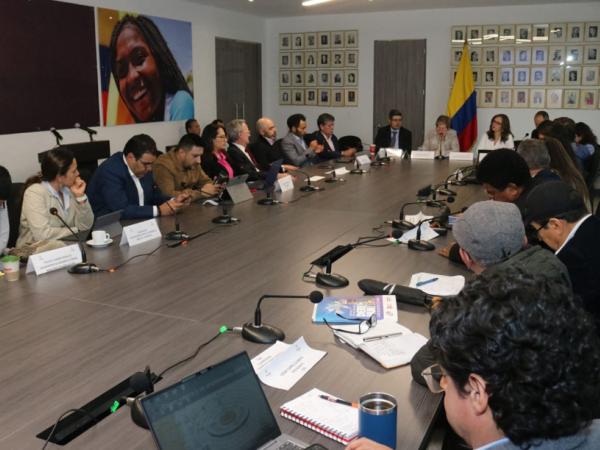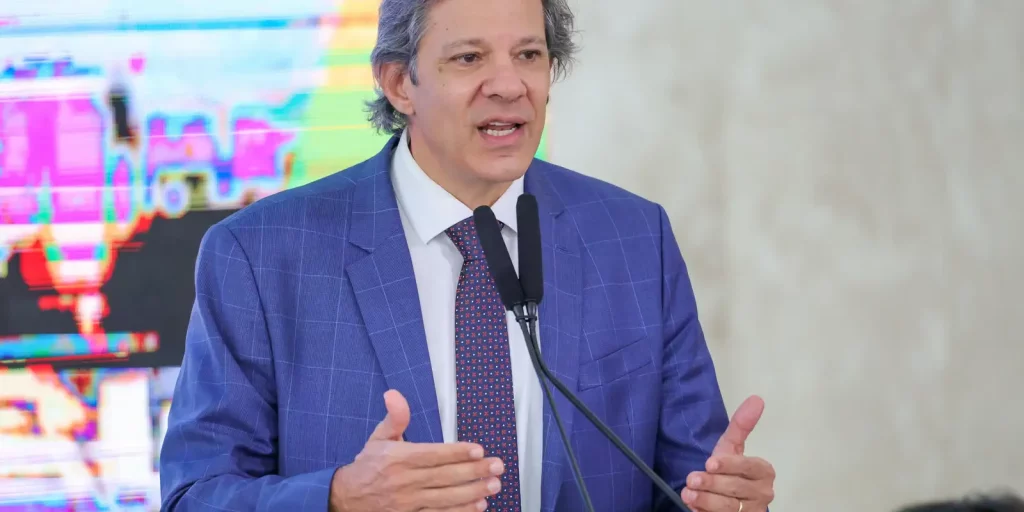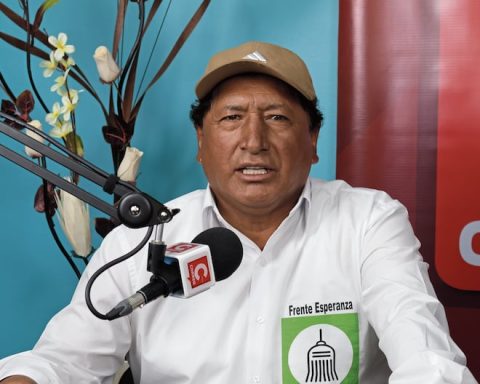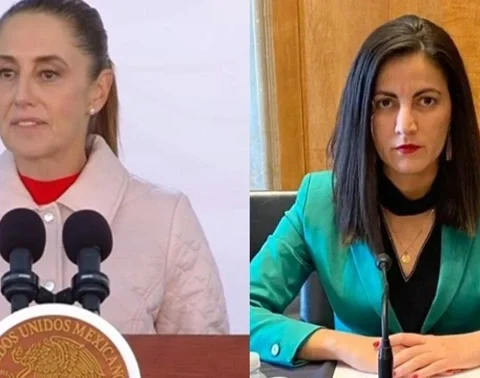This week the schedule of conversations between workers and companies was defined, with the support of the Ministry of Labor, to define how much the minimum wage will increase in Colombia by 2025, a decision that will impact more than two million workers and It will occur in a panorama of high expectations due to the economic situation that the country is going through.
So far the parties have made it clear that it will not be a simple negotiation and that not only the economic aspects will be taken into account, since the political environment will also influence; while the bets are on that a consensus will not be achieved on this occasion and the increase will finally be determined by decree.
(Read here: Dollar price: the effects of its rise on interest rate decisions).
Although there is no formal proposal from any of those involved In these conversations, during the last weeks several suggestions have been made known from the Government, the Academy, the labor confederations and unions, which Portafolio collected in order to analyze how much the minimum would increase with each one.
The first that was known came from the Unitary Central of Workers (CUT) whose president, Fabio Arias, said that the increase in the minimum must be double digits and that it will come out by decree, arguing that it is necessary to strengthen the purchasing power of workers. and from there contribute to economic reactivation.
Minimum wage negotiation – Mintrabajo.
Courtesy – Mintrabajo / API
Although it did not give a specific level, for this exercise 10% was taken as a reference, the lowest two-digit level that can be given and with which there would be an increase of $130,000 in the minimum wage. which would be $1,430,000 without counting transportation assistance, which is defined separately.
It should be noted that this indicator is currently at $1,462,000, which includes $1,300,000 of the base salary, plus $162,000 in transportation assistance. A key element to take into account is that by law, the salary adjustment cannot be less than the variation in the Consumer Price Index as of November.
Another alternative increase was that of the Ministry of Finance, from where no specific information was given, but light was shed on the starting point for the conversations. Minister Ricardo Bonilla maintained that it would be 6.2%, which is equivalent to $78,000 and would leave the base salary at $1,378,000.
The figure proposed by the Government is based on an exercise that is usually done in negotiations, in which inflation is taken with a cut-off to November, plus one production point. Starting from the fact that for October the CPI remained at 5.41% in its annual variation, the estimates in the Treasury point to 5.2%, to which one percentage point would be added and the aforementioned figure would be reached.
(Other news: The OECD countries where the weight of taxation in GDP rose and fell the most).
Here it must be said that the Casa de Nariño has said that the negotiations will be adjusted to the economic reality of the country and President Gustavo Petro himself ruled out an increase of 10%, as is as proposed by the CUT, so we will have to wait for their official position at the table.
The Colombian Federation of Human Management (Acrip) joined the debate and put its cards in front of what should happen with the minimum wage, making it clear that it should not exceed 7%, a percentage that is equivalent to $91,000 and that if applied in its total, they would increase it to $1,391,000; being the highest increase after that of the workers’ confederations.

Minimum wage negotiation – Mintrabajo.
Courtesy – Mintrabajo / API
Gladys Vega, president of Acrip, said that “in recent years The increase in the Minimum Wage has been above inflation, but below the percentage increase in the minimum wage, which means that organizations do not have the budgetary capacity to increase at that rate, causing more people in Colombia to be earning a salary. minimum”.
A last vision came from the Externado University of Colombia. Juan Pablo Herrera, dean of the Faculty of Economics, warned that the adjustment should be between 5% and 6%, that is, between $65,000 and $78,000, since the country’s efforts, in addition to improving the purchasing power of workers , must combat labor informality.
According to the Ministry of Labor, the negotiations of the minimum will officially begin on December 3, with the session of the Productivity Subcommittee and later, on the 4th of the same month, it will be the turn of the Commission for Coordination of Salary Policies and labor, where workers and businessmen will meet again.


















